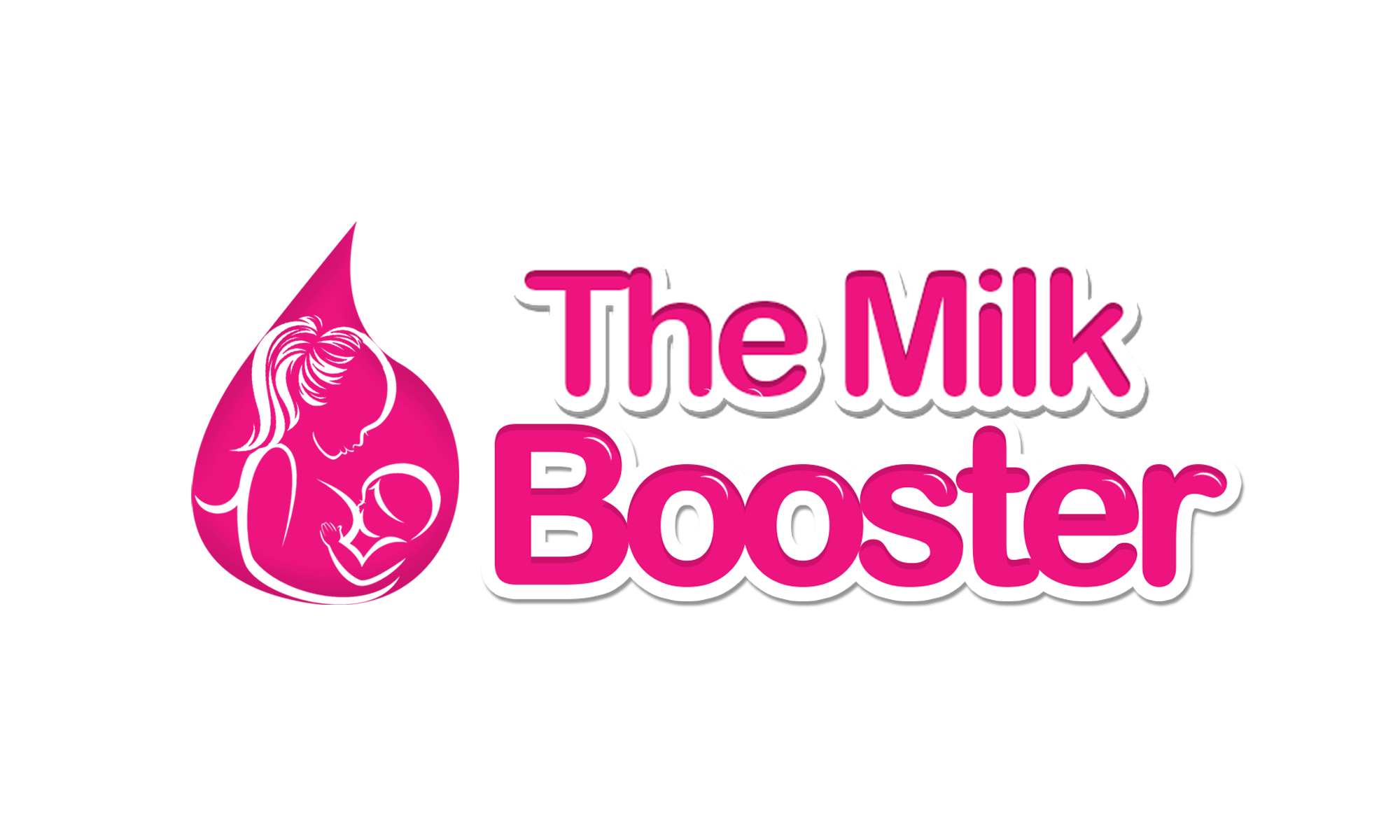Formula is not the only option when it comes to feeding baby

Breast-feeding provides the best nutrition for your baby and is the most widely recommended way to feed a newborn. However, some factors might lead you to consider formula-feeding.
The American Academy of Pediatrics recommends exclusive breast-feeding for the first six months after birth — and then breast-feeding in combination with solid foods until at least age 1. Extended breast-feeding is recommended as long as you and your baby wish to continue.
Breast milk contains the right balance of nutrients for your baby and boosts your baby's immune system. It's considered the gold standard for infant nutrition.
What can I do to promote successful breast-feeding?
Taking care of yourself can go a long way toward promoting successful breast-feeding. Eat a healthy diet, drink plenty of fluids and rest as much as possible.
To boost your confidence, learn as much as you can about breast-feeding. Keep the environment calm and relaxed. Look to your partner and other loved ones for support. Don't be afraid to ask for help.
Friends who've successfully breast-fed might be a good source of information. Lactation consultants are available at many hospitals and clinics. Your or your baby's health care provider might be able to help, too.
Can I use only bottles and still breast-feed?
If your baby has trouble latching on to the breast or if you and your family have a preference for bottle-feeding, you can exclusively bottle-feed your baby breast milk. Pump as often as you would feed your baby from the breast. Using a double electric breast pump can help you collect more milk in less time.
If you're having trouble making enough milk or if you can't give your baby your breast milk for a medical reason, you can turn to a human milk bank and feed your baby pasteurized donor milk from a bottle.

What if breast-feeding isn't going well?
If you're struggling, ask a lactation consultant or your baby's doctor for help. If your baby's doctor is concerned that your baby isn't receiving adequate nutrition or hydration, he or she might suggest pumping and supplementing with expressed breast milk.
Breast milk is the ideal food for babies — and the best way to keep a baby healthy — but proper nutrition and hydration are absolutely essential for your baby.
Does infant formula pose any risks to a baby?
Commercial infant formulas don't contain the immunity-boosting elements of breast milk that only your body can provide to your baby. For most babies, breast milk is also easier to digest than formula. Therefore formula should not be the go-to when breastfeeding doesn’t work.
There are other options which include-
- Expressed breastmilk
- Donor milk from another mom
- Then formula (if the others don’t work)
Can I combine breast-feeding and formula-feeding?
Exclusive breast-feeding is recommended for the first six months after birth. A diet of only breast milk provides the best nutrition. Formula supplementation can disrupt breast-feeding as well as affect milk supply.
Remember, parenting is an adventure that requires choices and compromises. What counts is doing the best you can as you face this new challenge.











